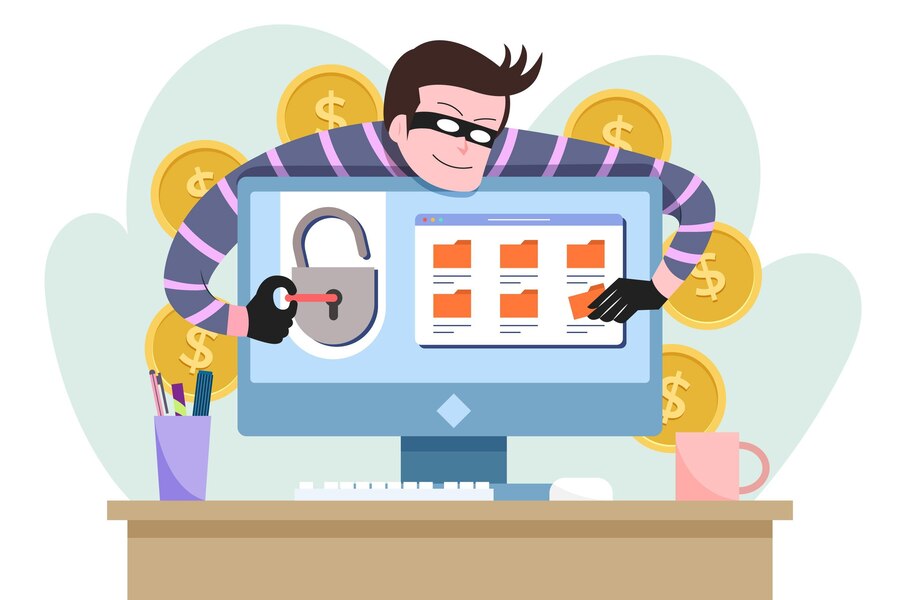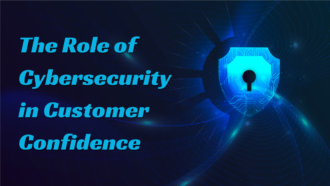Cybersecurity in Online Gambling: Protecting Sensitive Player Data and Ensuring Fair Gameplay
The online gambling sector, including online casinos, has seen exponential growth in recent years, with the industry estimated to grow by $11.42 billion between 2021 and 2025. The increasing popularity of online casinos and online gambling has also attracted the attention of cybercriminals, leading to an evolving landscape of cybersecurity challenges for the industry.
Evolving Challenges in Cybersecurity for Online Gambling
The online gambling industry has become a prime target for bad actors due to the massive amount of money at stake. The threats facing the industry have significantly changed in complexity and frequency over the past 18 months. They range from nation-state attacks to “attacks as a service,” where sophisticated teams use automated tools and bots to scour networks, looking for a way to hack in through a variety of methods, from social engineering and email to brute force attacks on the network.
Moreover, the technology surrounding the industry has also changed, complicating these challenges. Ten years ago, on-premises operations were the norm, but now threats are spread across the internet in gaming, bitcoin and crypto casinos, online sports betting sites, mobile payments, and mobile games. This mix of on-premises and cloud environments, often provided by third-party organizations, has created vulnerabilities at every corner.
Historical examples of breaches include a Las Vegas organization whose player-tracking database was exfiltrated off the trusted network through an IoT thermometer in a fish tank in 2018. More recently, MGM in Las Vegas and Lucky Star in Oklahoma have also suffered breaches, with data exfiltrated and locked down with ransomware, leaving organizations unable to operate until significant efforts in system restoration have taken place.
Ransomware, distributed denial of service attacks with a ransom attached, and theft of customer data continue to lead these types of attacks. If this data ends up on the dark web, casinos face reputational loss, decreased shareholder value, and a loss of customer confidence, which can take years to rebuild and cost organizations millions of dollars in lost revenue.
Measures Taken by Online Casinos
Despite these challenges, online casinos are not defenseless. They are employing several security measures to protect sensitive information and provide a safe and enjoyable gaming experience for their users. These measures include encryption, two-factor authentication, regular security audits, and employee training and background checks.
Encryption
Encryption is a security measure that protects sensitive information, such as personal and financial data, from unauthorized access. It works by scrambling the data using a complex algorithm, making it unreadable to anyone without the decryption key. The two most commonly used types of encryption in online casinos are Secure Sockets Layer (SSL) and Transport Layer Security (TLS). These technologies encrypt data transmitted between the player’s device and the casino’s server, preventing third-party interception and tampering.
Two-Factor Authentication
Two-factor authentication is another effective security measure used to protect user accounts from unauthorized access. It requires users to provide two forms of identification, such as a password and a one-time code sent to their phone or email, to access their accounts. This adds an extra layer of security and significantly reduces the risk of account hacking and fraud.
Regular Security Audits
Online casinos conduct regular security audits to assess the effectiveness of their security measures and identify potential vulnerabilities. These audits involve a systematic review of an online casino’s infrastructure, policies, and procedures to ensure compliance with industry standards and regulations. Types of security audits include penetration testing, vulnerability assessments, and compliance audits. Regular audits help in the early detection and prevention of security breaches, improved risk management, and compliance with regulatory requirements.
Employee Training and Background Checks
Employee training and background checks are critical measures to ensure the integrity and security of online casino operations. Regular cybersecurity awareness training for staff, background checks for new hires, and regular vetting of existing employees are common in top-tier online casinos.
Conclusion
The increasing popularity of online gambling, coupled with the potential for large financial gains, has made the industry a prime target for cybercriminals. While the cybersecurity challenges faced by online casinos are evolving, the industry is taking proactive measures to protect player data and ensure fair gameplay. By implementing best practices like encryption, two-factor authentication, regular security audits, and employee training, online casinos can reduce the risk of security breaches and provide a safe and enjoyable gaming experience for their users.
The industry’s resilience and adaptability in the face of these challenges underscore the critical importance of cybersecurity in online gambling. By continuing to prioritize and invest in robust cybersecurity measures, online casinos can build trust with their users, enhance their reputation, and foster a secure and responsible gaming environment.


















